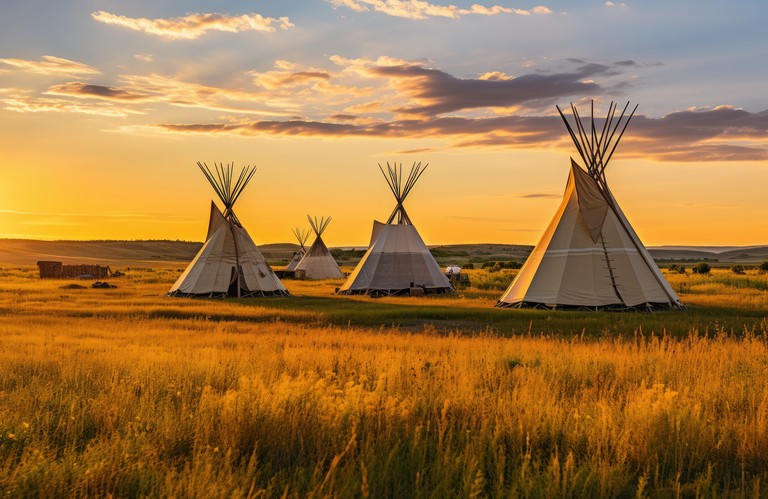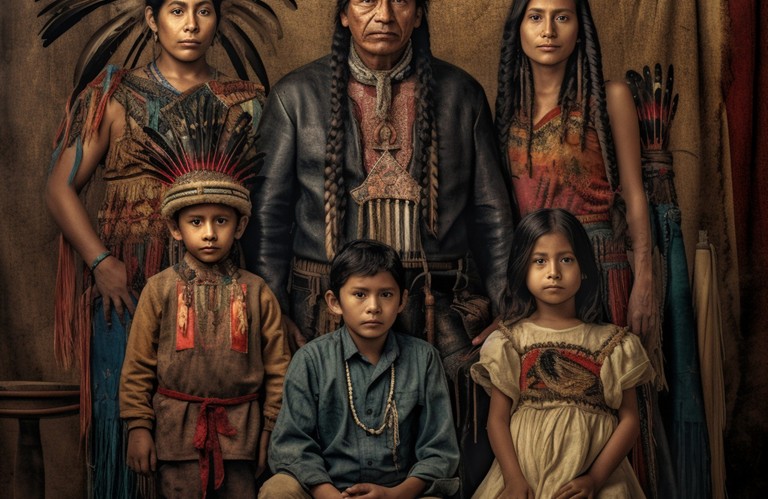Knows about Native American Reservations
Native American reservations are lands set aside for the use of indigenous tribes and are under the jurisdiction of the federal government. Today, these reservations play a crucial role in the preservation of Native American cultures and traditions. Here is an overview of Native American reservations today:-

Land Sovereignty
Reservations are considered sovereign nations within the borders of the United States. Tribal governments have a degree of autonomy and self-governance.
Federal Recognition
Tribes must be federally recognized to have a reservation. Federal recognition grants tribes certain rights and benefits, including the establishment of reservations.
Tribal Lands
Reservations vary in size and location, with some covering vast areas of land. The land may include a mix of rural, suburban, and in some cases, urban areas.
Population
The population on reservations varies widely, with some having a relatively small number of residents and others being more populous. Some tribes also have members living outside the reservation.
Cultural Preservation
Reservations are important for the preservation of Native American cultures, languages, and traditions. They serve as centers for cultural activities, ceremonies, and language preservation efforts.
Economic Challenges
Many reservations face economic challenges, including high unemployment rates and limited economic opportunities. Some tribes have developed businesses, such as casinos, to generate revenue.
Education
Education on reservations is often administered by tribal governments. Some reservations have schools that incorporate traditional cultural teachings alongside mainstream education.
Healthcare
Access to healthcare on reservations can be a challenge, and many tribes rely on the Indian Health Service (IHS) for medical services.
Legal Jurisdiction
Reservations have their legal systems and law enforcement agencies. However, major crimes often fall under federal jurisdiction, leading to complex legal arrangements.
Natural Resources
Some reservations are rich in natural resources, such as timber, minerals, and water. The management of these resources is often a complex issue.
Treaty Rights
Treaties signed between Native American tribes and the U.S. government often guarantee certain rights to tribes, including hunting and fishing rights. These rights are protected on reservations.
Cultural Tourism
Some reservations engage in cultural tourism, sharing their traditions, arts, and crafts with visitors. This can provide an economic boost to the community.
Housing Challenges
Housing conditions on some reservations are substandard, with overcrowding and inadequate infrastructure posing challenges.
Political Representation
Some Native American tribes have representatives in state and federal governments, advocating for the interests of their communities.
Environmental Issues
Environmental concerns, such as pollution and land degradation, can impact reservations. Tribes often work to address these issues and protect their natural surroundings.
Understanding the complex dynamics of Native American reservations today involves considering historical, cultural, economic, and political factors that have shaped their present status.









